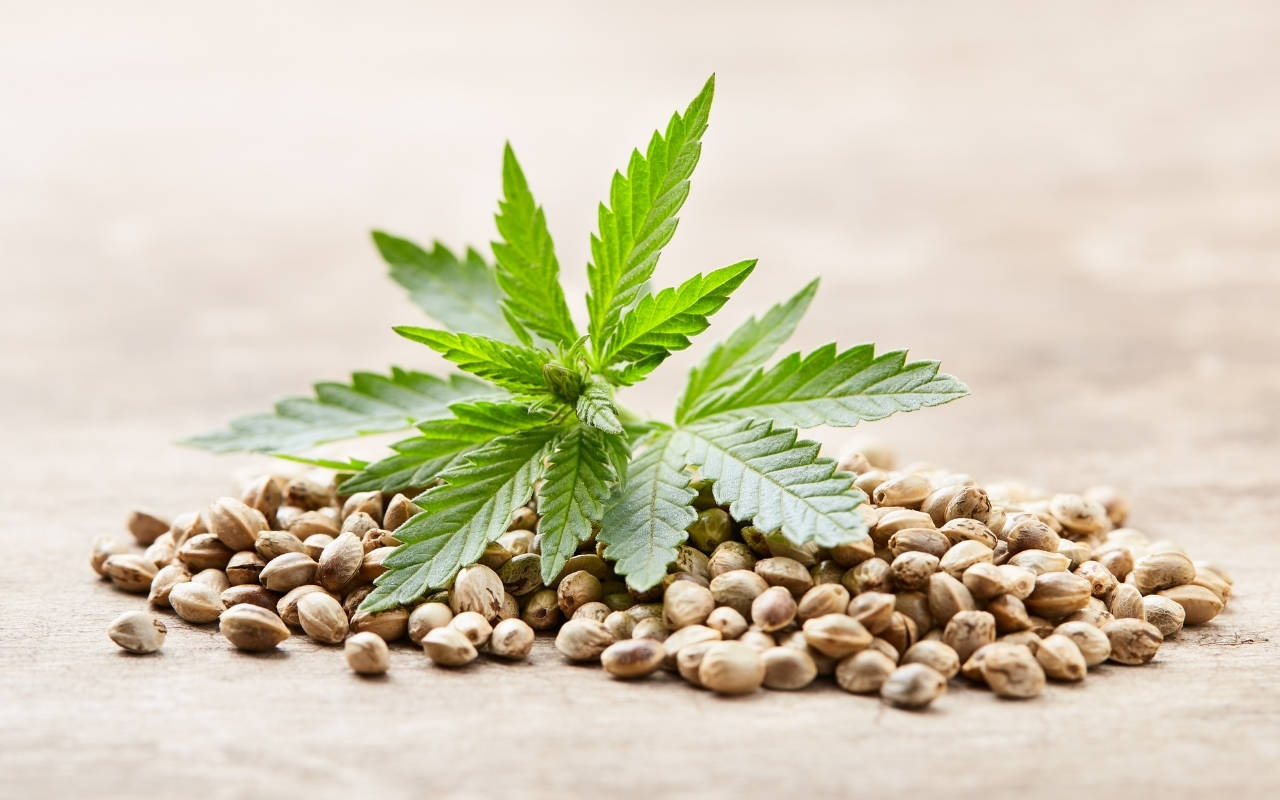Cannabis, a plant with a abundant background relationship again 1000’s of yrs, has not long ago taken middle phase in conversations about biodiversity. As additional nations embrace the legalization of cannabis, it can be vital to have an understanding of the effects of cannabis cultivation on biodiversity, notably by way of the lens of its seeds. In This Site , we’ll investigate the intricate marriage in between cannabis seeds and biodiversity, shedding light on the worth of sustainable procedures in nurturing a varied and resilient ecosystem.
The Origins of Cannabis and Seed Range:
Cannabis, scientifically identified as Hashish sativa, is thought to have originated in Central Asia. Around the generations, it has distribute throughout the world, adapting to many climates and ecosystems. The plant reveals an astonishing variety in its genetic makeup, resulting in a myriad of strains, each with its exclusive set of qualities.
Hashish seeds, the foundation of this botanical range, carry the genetic data that determines the plant’s features, which includes its advancement designs, cannabinoid written content, and resistance to pests and conditions. This genetic variety is a vital element of biodiversity, contributing to the all round well being and resilience of ecosystems.
Biodiversity Rewards of Cannabis Cultivation:
Genetic Resilience:
The diversity of hashish seeds assures that some strains are much better suited to unique environmental problems. This genetic resilience results in being specifically significant in the confront of local weather change, as certain strains may possibly show much more adaptable to shifting climate styles, assisting ecosystems withstand environmental challenges.
Pest and Condition Resistance:
A various array of cannabis strains usually means varying amounts of resistance to pests and illnesses. By cultivating diverse strains, farmers can lessen the reliance on chemical pesticides and foster a a lot more well balanced and normal technique to pest management. This, in flip, encourages a more healthy natural environment for other flora and fauna within just the ecosystem.
Soil Wellness and Nutrient Cycling:
Hashish, when integrated into a varied crop rotation program, can lead to soil health and nutrient cycling. Certain strains have unique interactions with soil microorganisms, improving the soil’s fertility and over-all ecosystem health. This encourages a much more sustainable and regenerative agricultural technique.
Troubles to Hashish Seed Biodiversity:
Monoculture and Genetic Erosion:
The rising demand for precise hashish strains has led to monoculture procedures, in which large parts are focused to cultivating a solitary strain. This monoculture can result in genetic erosion, the place the diversity inside the cultivated strain diminishes above time, generating the entire crop more prone to pests and illnesses.
Decline of Indigenous Strains:
As industrial cultivation expands, there is a risk of neglecting or displacing indigenous cannabis strains. These native strains may possibly have special genetic traits that are vital for the long-expression sustainability of nearby ecosystems. The decline of this sort of strains could have much-reaching implications on biodiversity and ecosystem security.
Sustainable Procedures for Cannabis Seed Biodiversity:
Crop Rotation and Diversification:
Employing crop rotation with other appropriate plants can break the cycle of pests and disorders certain to cannabis. Diversifying cultivation tactics can help manage a wholesome stability within just the ecosystem and helps prevent the overreliance on a solitary pressure.
Seed Banking and Conservation:
Developing seed banking institutions focused to preserving a varied collection of hashish seeds is crucial for safeguarding genetic assets. Conservation endeavours must prioritize indigenous strains, ensuring their availability for potential generations and possible use in restoring ecosystems.
Group Involvement and Schooling:
Partaking local communities in sustainable cannabis cultivation methods is vital. Education about the worth of biodiversity, seed preserving, and sustainable farming procedures empowers farmers to make educated possibilities that advantage each their livelihoods and the environment.
Summary:
Hashish seeds participate in a pivotal job in retaining and enhancing biodiversity within ecosystems. As the hashish market carries on to evolve, it is crucial to prioritize sustainable cultivation tactics that nurture and preserve the genetic range of this exceptional plant. By embracing a holistic tactic to hashish cultivation, we can not only reap the advantages of diverse strains but also contribute to the over-all health and resilience of our purely natural globe.